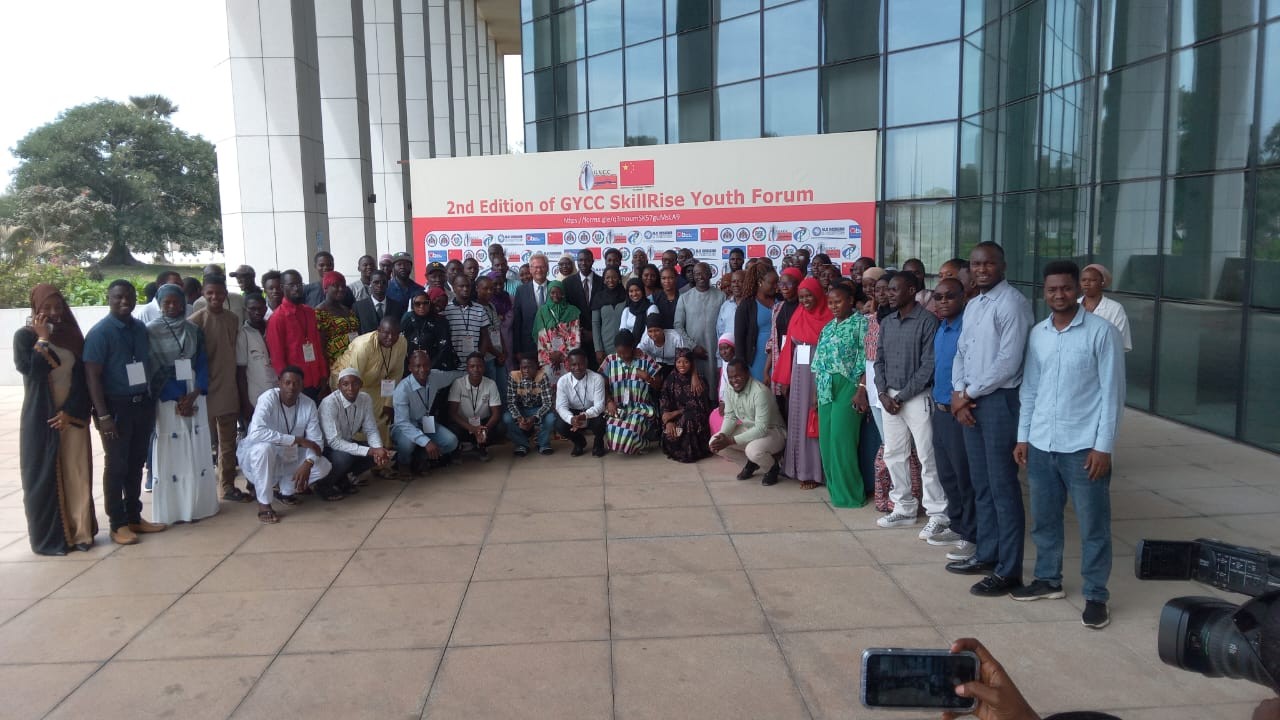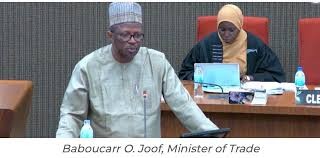As the Eid Al-Adha, locally known as Tobaski, is setting in, with Muslims and even non-Muslim neighbours storming markets across the country to grasp goodies for the forthcoming festivity, the skyrocketing nature of prices of goods tend to worsen.
This has been the subject of earnest cries recently as ordinary Gambians continue to face unbearable hardship. As anticipation over the Tobaski reaches its peak, concerns over goods’ prices and affordability mount.
Supposed to bring joy on the faces of Gambians, this day may ironically cast gloom and anguish on the faces of many as they struggle to make ends meet and buy goodies for their families. The cause of all this: soaring prices amid a period marked by economic hardship.
But why are prices soaring? This is a question that lingers in the minds of many. However, while the answer may seem simple and straightforward, it is a complex and multifaceted issue with various elements at play.
In an endeavour to get the side of the vendors and retailers, we engaged a few traders who gave their unique perspectives and insights over the causative factors of the skyrocketing prices of goods, especially food items.
Salieu Sowe, a vendor at Serrekunda Market, expresses: “Yes, the prices of goods are increasing at a massive scale. Every day, goods are increasing. However, the cause of that is the CFA franc. The CFA has quite increased; it is not the merchants and traders, as many people think. If you go buy goods today, if you return the prices would be increased already, and that is due to the fluctuating exchange rate of the CFA.”
Sowe appeals to government, saying it is only government’s intervention that could ease the situation. “The government should help; the government should help us. But it is not accurate to say that it is always the businesspeople.”
Quizzed over the fact that while the fluctuation of the CFA and the dalasi exchange rate may play a role, the skyrocketing prices could largely be the doing of the businesspeople and merchants, he gives a mild acknowledgement but still insisted that it was the CFA. He maintained that the traders’ hands are tight in this unfortunate situation.
Salieu deems necessary government intervention through strategic fiscal policies and robust economic frameworks to ensure the stability of the dalasi relative to other currencies, particularly the CFA franc.
Ousman Kanyi, who sells various food items on wheelbarrow around the market, also affirms the soaring prices of goods, worsening an already dire situation. However, the petty trader holds a sharply contrasting view from Sowe, attributing the unfortunate atmosphere in the business landscape to the profit-hunting attitude of wholesale traders and merchants, which stems from government’s reluctance to effect price control.
“They sell goods at whatever prices they want, and you can’t do anything,” Kanyi says in a wistful tone.
On whether the government has a role in this situation, and if so, what should it do, he articulates that government should say something. “Government should say and do something. But the government is mute and these big traders are doing whatever they like and selling goods at whatever prices they like, which is not correct.”
He laments that most of the Gambians live below the poverty line and struggle to get the required minimum meals per day, urging government to do the needful – intervene and regulate trade and business. Lamin underlines the fact of profit-hungry and cunning business tycoons gripping the trade and the business sector in this country.
He narrates their ordeal as petty traders, saying: “You would sell goods without getting anything at the end of the day. The profit you have today would be used on top of the initial price to get a certain item for sale tomorrow, because by then the goods would increase. This is what we are facing.”
Fatoumatta Ceesay, a young lady who sells food items, aligns with Lamin Kanyi’s perspective, which points to lack of control mechanism to regulate trade and business. “Government needs to put in place price control and regulate business,” she avers.
While these are limited testimonies of market traders and vendors, they mirror grave concerns that manifest far and wide, among both buyers and sellers, especially as the Tobaski approaches. The market harbours silent but defeating cries, ones that clearly display on the faces of customers as they walk around.
To be ensuring all-inclusive Tobaski festivities in a Gambia that leave no one behind, prices must be regulated; government must intervene with some level of seriousness, they say.
While perspectives differ at times, calls for the exchange rate to be tackled and prices to be regulated remain constant in the equation.






